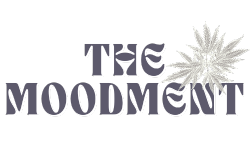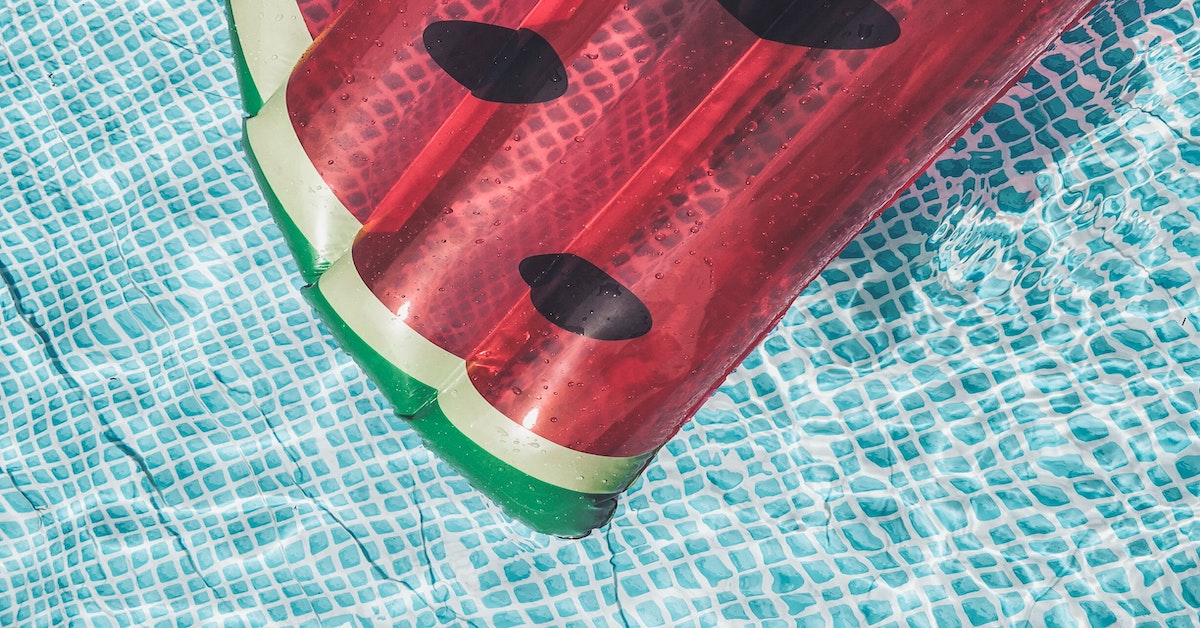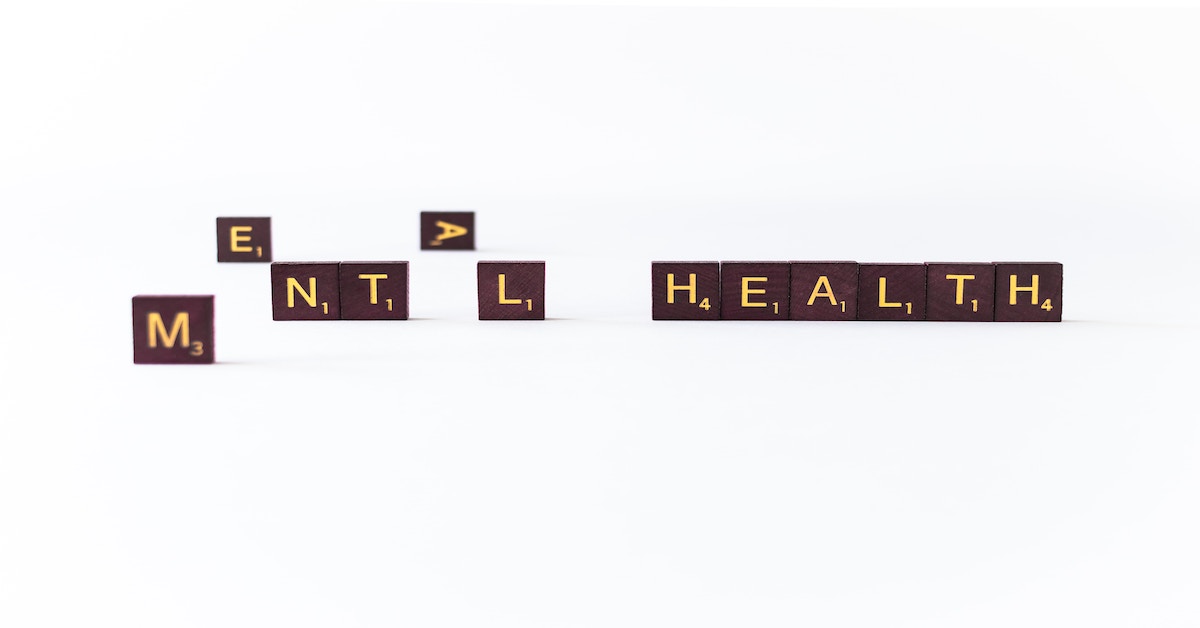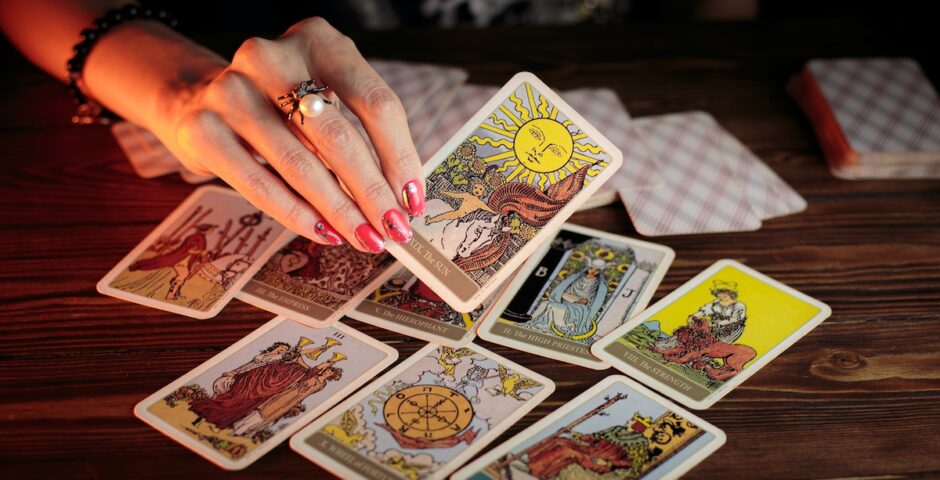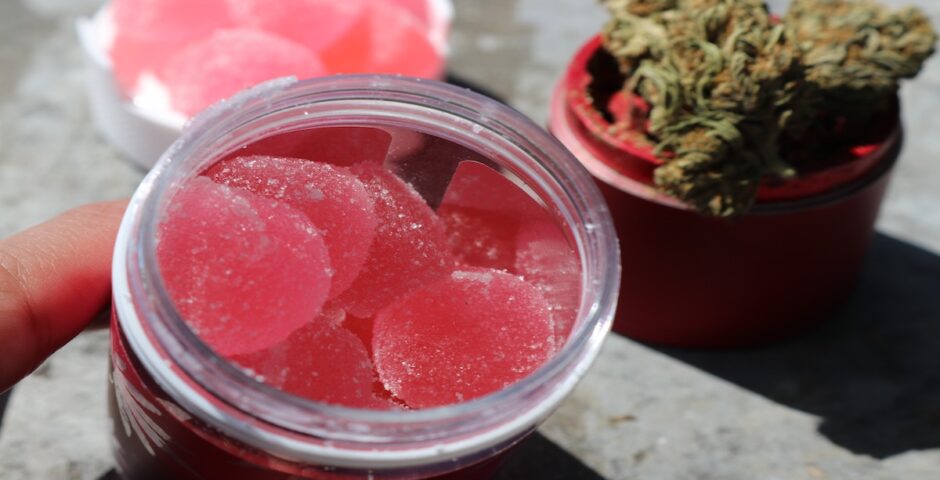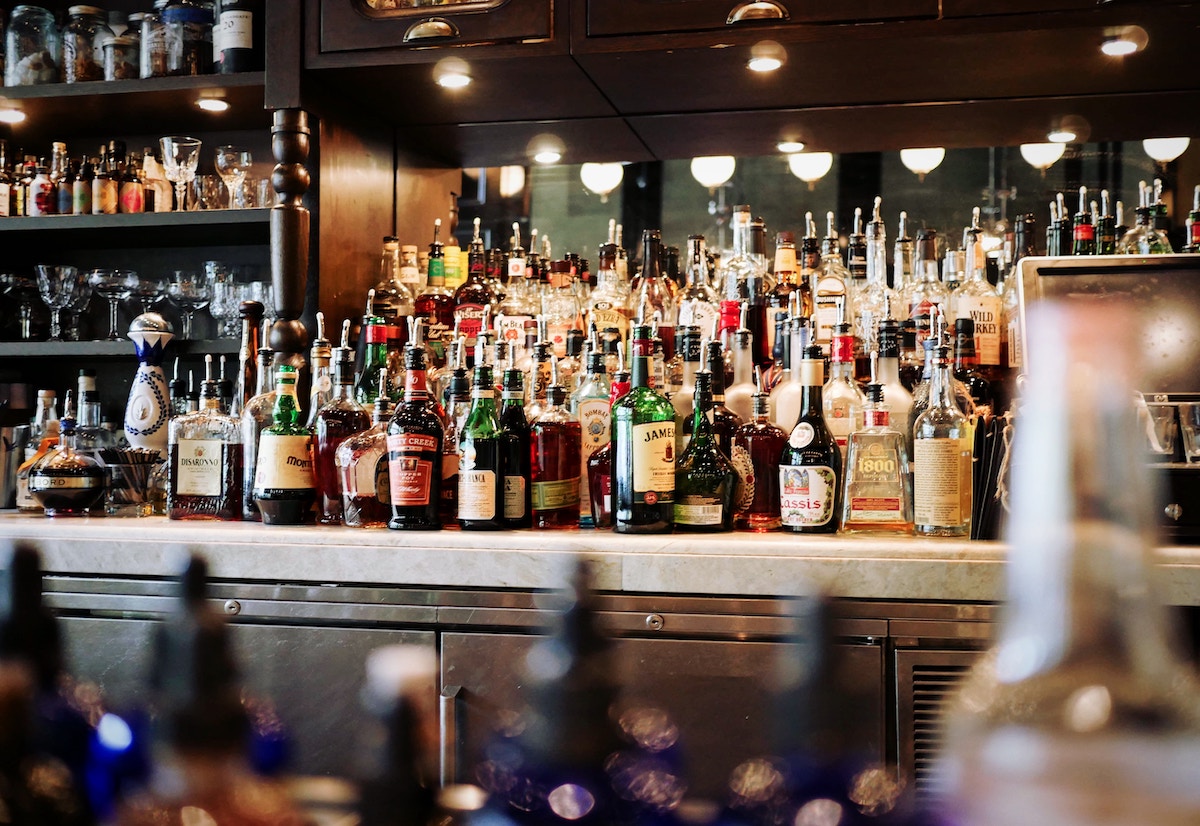
The Sober Curious Movement
Since opening Moodporium, one of the greatest joys I get from the store is helping people stop drinking. Whether a customer is looking for a temporary respite from alcohol or they are looking to fully plunge into sobriety, I love meeting people and helping them find their way in the budding sober curious movement.
Unfamiliar with the sober curious movement? Here’s everything you need to know:
What is the sober curious movement?
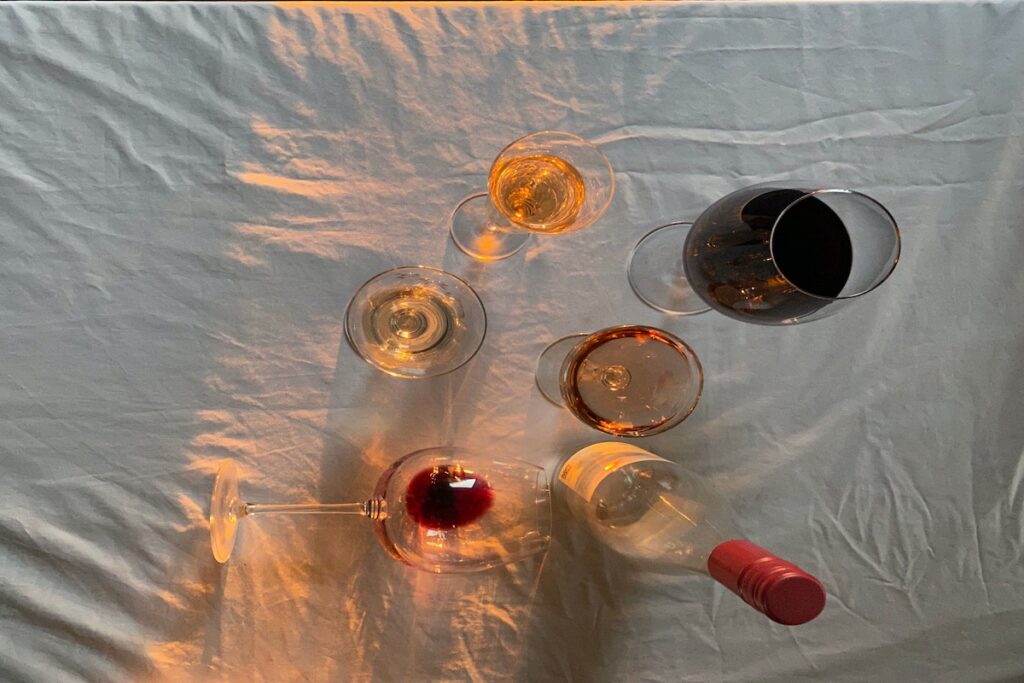
So, the sober curious movement begins by questioning your relationship with alcohol, why you drink, and how it makes you feel.
According to the Food Institute, the sober curious movement isn’t necessarily about abstaining from alcohol entirely — it’s simply self-selecting out of alcohol consumption at specific times.
One in four Americans are aware of the sober curious movement, with 34 percent of drinkers saying that they want to drink less in 2023. This certainly doesn’t surprise me. In fact, many customers come into the Moodporium store looking for alternatives to alcohol. While some customers want to give up drinking for good and others are looking to go sober for Dry January or other periods of time, the conversation around sobriety is absolutely shifting.
Sobering facts about alcohol
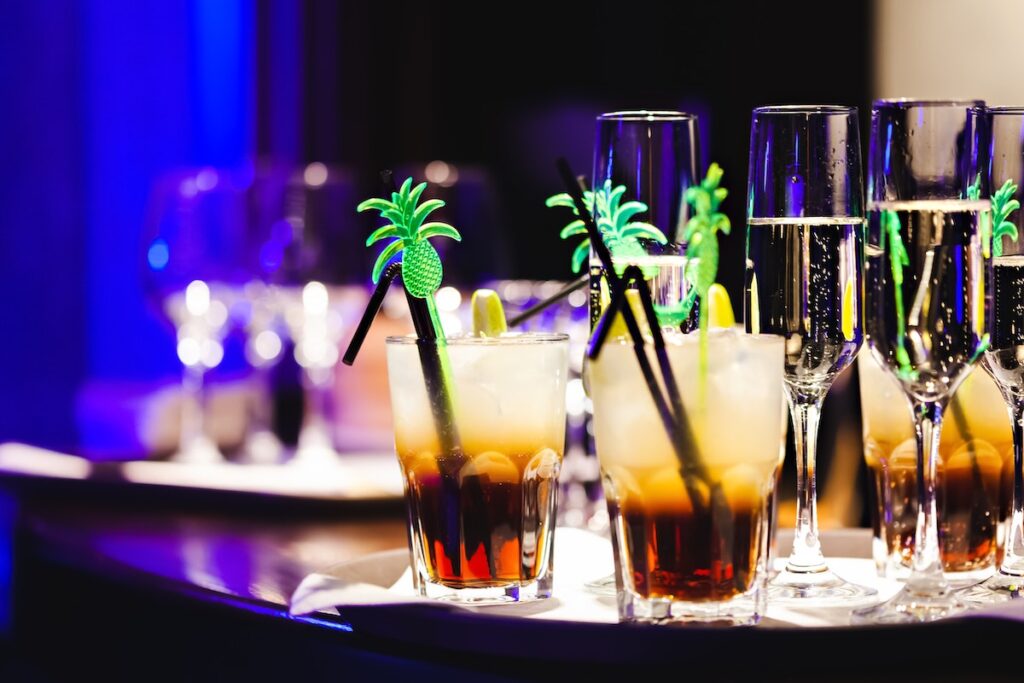
Despite alcohol being commonplace in society, it’s actually one of the most harmful substances to consume. Psychoactive with dependence-producing properties, alcohol is a depressant drug that causes “a high burden of disease and has significant social and economic consequences.”
The facts speak for themselves:
- Alcohol consumption is associated with an increased risk of liver disease, heart disease, depression, stroke, and stomach bleeding
- Alcohol use poses a greater risk of cancers including cancers of the oral cavity, esophagus, larynx, pharynx, liver, colon, and rectum
- Alcohol is a factor in more than 200 disease and injury conditions
- Injuries from violence, falls, and motor vehicle crashes increase with alcohol consumption
- Over 3 million deaths occur every year from the harmful use of alcohol — representing 5.3 percent of all deaths
- Using alcohol may increase the likelihood of unsafe sexual behavior
- 29.5 million people ages 12 and older have had Alcohol Use Disorder (AUD) in the past year
Additionally, those that use alcohol heavily can experience:
- Ability to concentrate
- Anxiety
- Depression
- Liver damage
- Lower immune health
- Sleep problems
With startling facts like this, it’s no surprise that more and more people are open to the sober curious movement.
What exactly is Dry January?
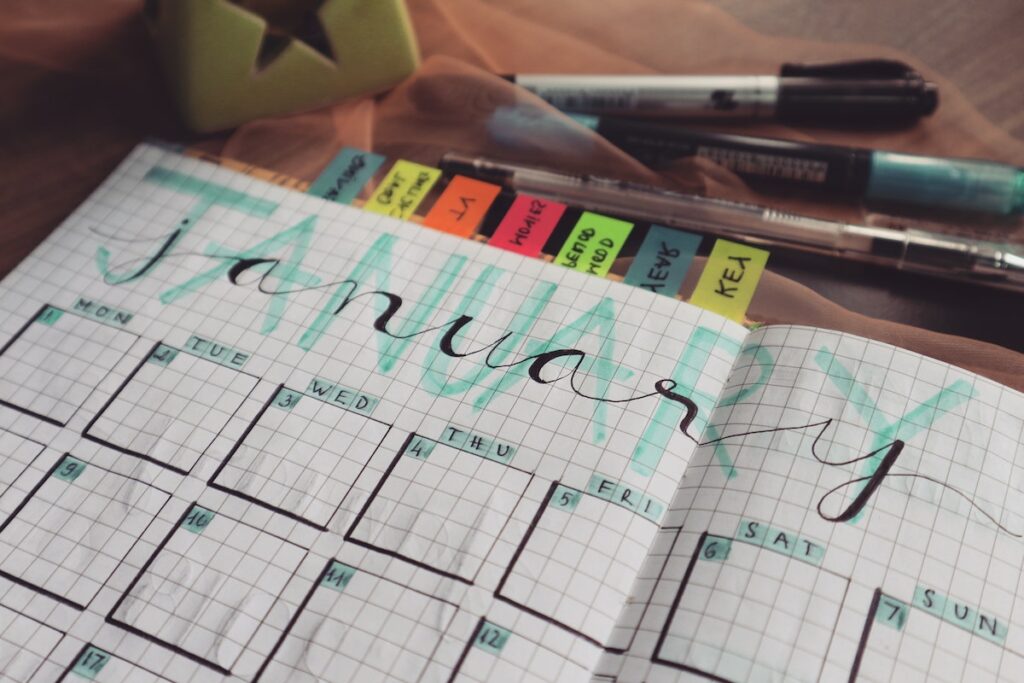
I’m sure you’ve heard of Dry January, but if you haven’t — let me catch you up. Dry January is a simple concept: Participants consume no alcohol from January 1 through January 31. Kicked off in 2012 as an initiative by Alcohol Change UK, Dry January continues to increase in popularity each year — even in the United States.
According to the National Library of Medicine, Dry January is “aimed at the huge numbers of people who are steadily drinking a bit too much, too often, (exceeding recommended guidelines of alcohol consumption) without realizing the effect it may be having on their health.”
Currently, the 2020-2025 Dietary Guidelines for Americans states that “adults of legal drinking age can choose not to drink or to drink in moderation.” The standard for men is imbibing in two drinks or less a day, while women should drink one drink or less per day. However, while this standard exists, it’s reported that the average American drinks 1.35 drinks a day, 9.5 drinks a week, and 494 drinks a year.
What is Sober October?
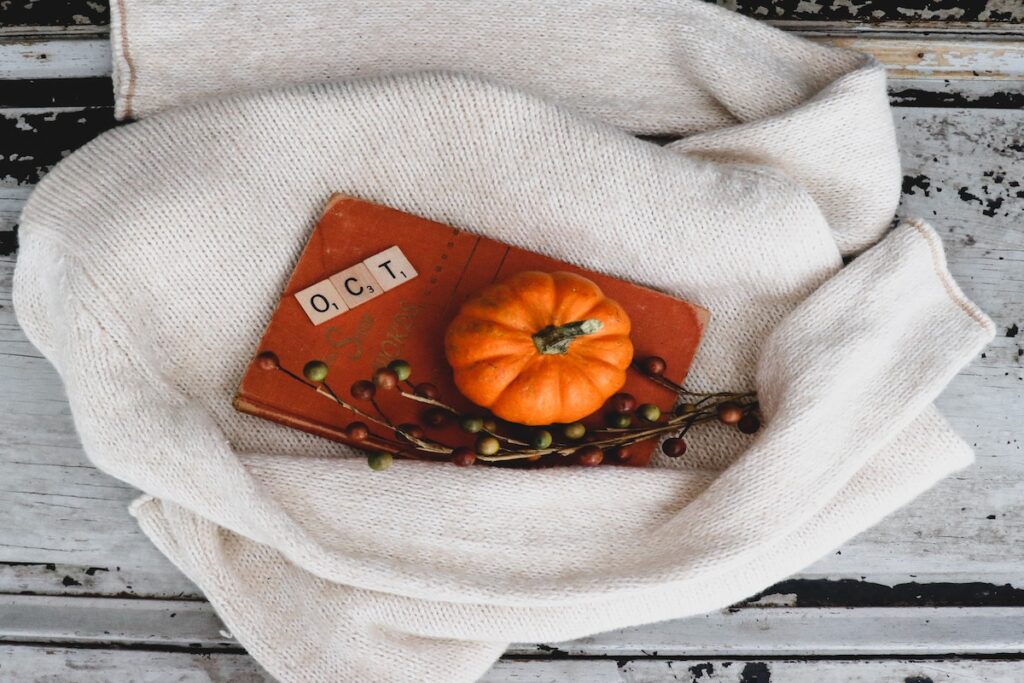
While it may not be as well known as Dry January, Sober October (also known as Ocsober) is another 31-day challenge for people to limit their alcohol intake.
Started in 2014, Sober October began as a fundraising campaign for a United Kingdom-based charity that supports people living with cancer. Participants can commit to 14, 21, or 31 days without drinking. However, the main purpose of Sober October is to “take a closer look at the impact of alcohol on your life.”
Unlike Dry January, which is often tied to new years resolutions and “new year, new you” messaging, Sober October often comes with less pressure (which may make it easier to commit).
Worthwhile sobriety benefits to celebrate
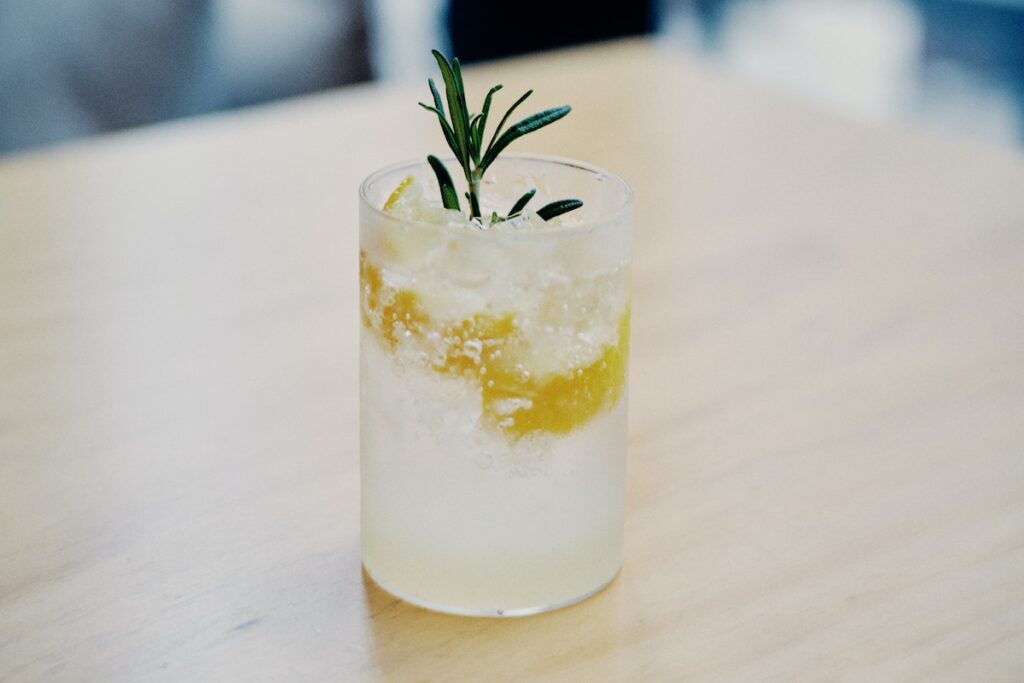
It’s true — there are benefits aplenty for those that quit drinking. Going sober for even one month can make a huge difference in one’s health. Some benefits include:
- Better mental health
- Better, deeper sleep
- Enhanced liver function
- Healthier skin
- Improved concentration
- Improved heart health
- Improved memory function
- Increased ability to fight off illness
- Less anxiety
- Less irritability
- Lower cholesterol
- Lower risk for cancer
- More emotional control
- More energy
- Potential weight loss
And we can’t forget…not drinking means no hangovers, too. If you ask me, that’s certainly a worthwhile benefit!
Thirst quenching alcohol alternatives
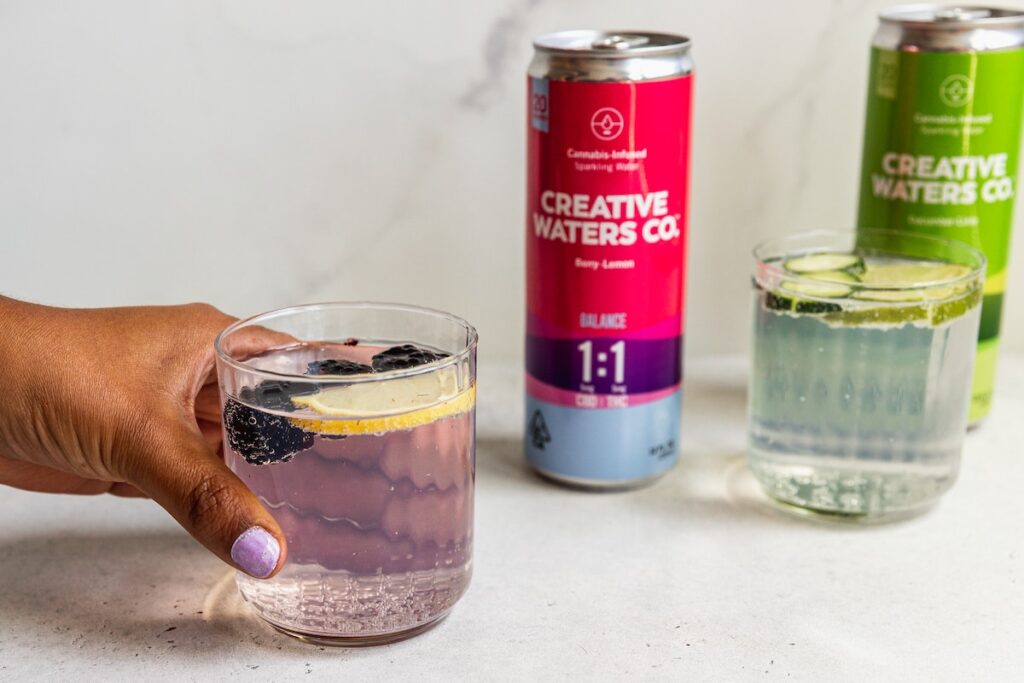
When I talk to people about their alcohol consumption, I often hear two things. One, people drink when attending social attends and they don’t want to feel like an outcast. And two, people drink as a means to relax. If these two things are potentially holding you back from giving up booze, trust me — there are many alcohol alternatives that you can turn to.
In fact, more and more people are joining the sober curious movement with the help of cannabis. Ready to test the waters (gotta love a good pun)? Check out these alcohol-free alternatives:
- Delta 8 Drinks: Swap getting tipsy from alcohol with Delta 8 drinks. These drinks will make you a little intoxicated and very giggly, but they won’t impair you like alcohol does. If you’re nervous about going to an event or a party without having a cocktail in your hand, opt for bringing along a Delta 8 drink — you can even order a Coca Cola, tonic, etc. and mix your Delta 8 drink in it. No one will know that you’re not sipping on an alcoholic beverage. Plus, you can enjoy the evening just like your friends (but without the headache the next day, yay).
- Delta 8 Honey: This delicious honey has both CBD and Delta 8 in it, and you can enjoy it in both coffee, tea, or any beverage of your choice. If you’re a Hot Toddy lover, make a non-alcoholic treat with this honey and I promise you, you’ll notice no difference.
- Compliant Delta 9 Drink Enhancers: While they are only 10mg, Compliant Delta 9 Drink Enhancers will give you a nice buzz. Packaged in Crystal Light-esque packets, you can take them wherever you regularly drink and opt for a more natural, healthy choice instead.
- CBD Drinks: If you’re not ready for a full on buzz but want to relax — any of these will work. My favorite is Black Cherry by Recess.
To drink or not to drink?
Whether you’re quitting for good or you’re simply looking to replace your nightly cocktail with a healthier, better option — there is room for you in the sober curious movement.
